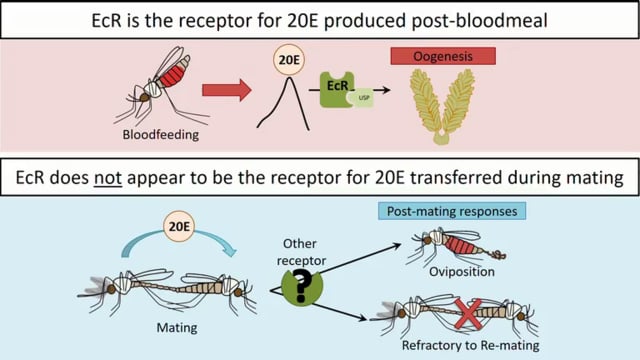Last Updated: 31/01/2025
Molecular mechanisms for productive invasion of the human liver by Plasmodium sporozoites
Objectives
This project aims to determine which proteins are necessary for liver invasion at a molecular level.
Malaria is initiated by infected mosquitos that bite mammals and deposit Plasmodium parasites in their skin. The parasites then reach their livers via the bloodstream and invade liver cells. Inside these hepatocytes, the parasites differentiate and become capable of infecting red blood cells, which causes typical symptoms of malaria. Previous research have implicated the role of multiple host surface proteins for liver invasion as well as parasite proteins that interact with the mammalian receptors. Richard Xu Zhou will produce mammalian and parasite proteins and confirm interactions between them. For that purpose, Zhou will use techniques that either detect the binding of proteins or a change in molecular weight upon protein binding. Next, Zhou will employ methods that elucidate structures of host and Plasmodium proteins. To accomplish that, Zhou will subject protein complexes to X-ray and electron beams and analyse the resulting data. Finally, Zhou will use cellular assays to demonstrate the necessity of confirmed protein-protein interactions for the liver invasion. This research will help explaining the molecular basis of liver invasion by Plasmodium parasites potentially paving the way for a novel strategy of malaria vaccine development.
Oct 2021 — Sep 2024


